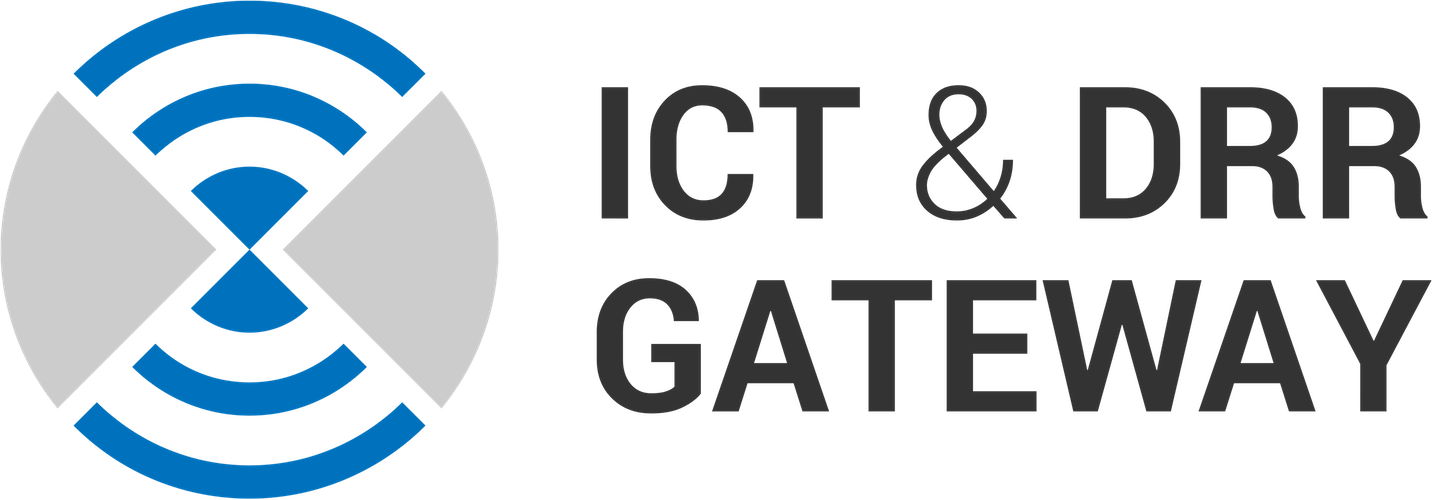News: ICT-related News
- In this paper, we use a unique database on switching between mobile handsets in a sample of about 5,000 subscribers using tariffs without commitment from a single mobile operator on monthly basis between March 2012 and December 2014. We estimate discrete choice model in which we account for disutility from switching to a different operating systems and handset brands and for unobserved time-…
- Free!! Google and Facebook!!! We all know them, what to worry about? Everything! The giants of the internet are expanding into every corner of the economy, politics and our lives. They control the majority of digital advertising; Alphabet, Google's parent, and Facebook receive more than 60 percent of digital advertising revenue (Media Buying 2017); Google controls over 90 percent of search on the…
- Two far-reaching developments have increased the trade opportunities for SMEs in developing countries. Firstly, the rise of the internet and advances in ICT have reduced trade-related information and communication costs. Secondly, the international fragmentation of production has increased the opportunities for SMEs to specialize in narrow activities at various stages along the production chain.…
- There can be no doubt that the FANG companies – Facebook, Amazon, Netflix and Google, as well as Twitter – have transformed society since their emergence. Like all social transformations, the changes wrought by their services have had ripple effects that are both positive and negative. On the positive side, soaring consumer access to information, news, social networks, and entertainment has been…
- This paper presents a layered simulation model and the results from its initial employment. In this study, we focus on financial contagion due to debt exposure and structural concentration at interbank networks. Our results suggest that a medium density of connections in regular networks is already sufficient to induce a ’robust-yet-fragile’ response to insolvency shocks, while the same occurs in…



